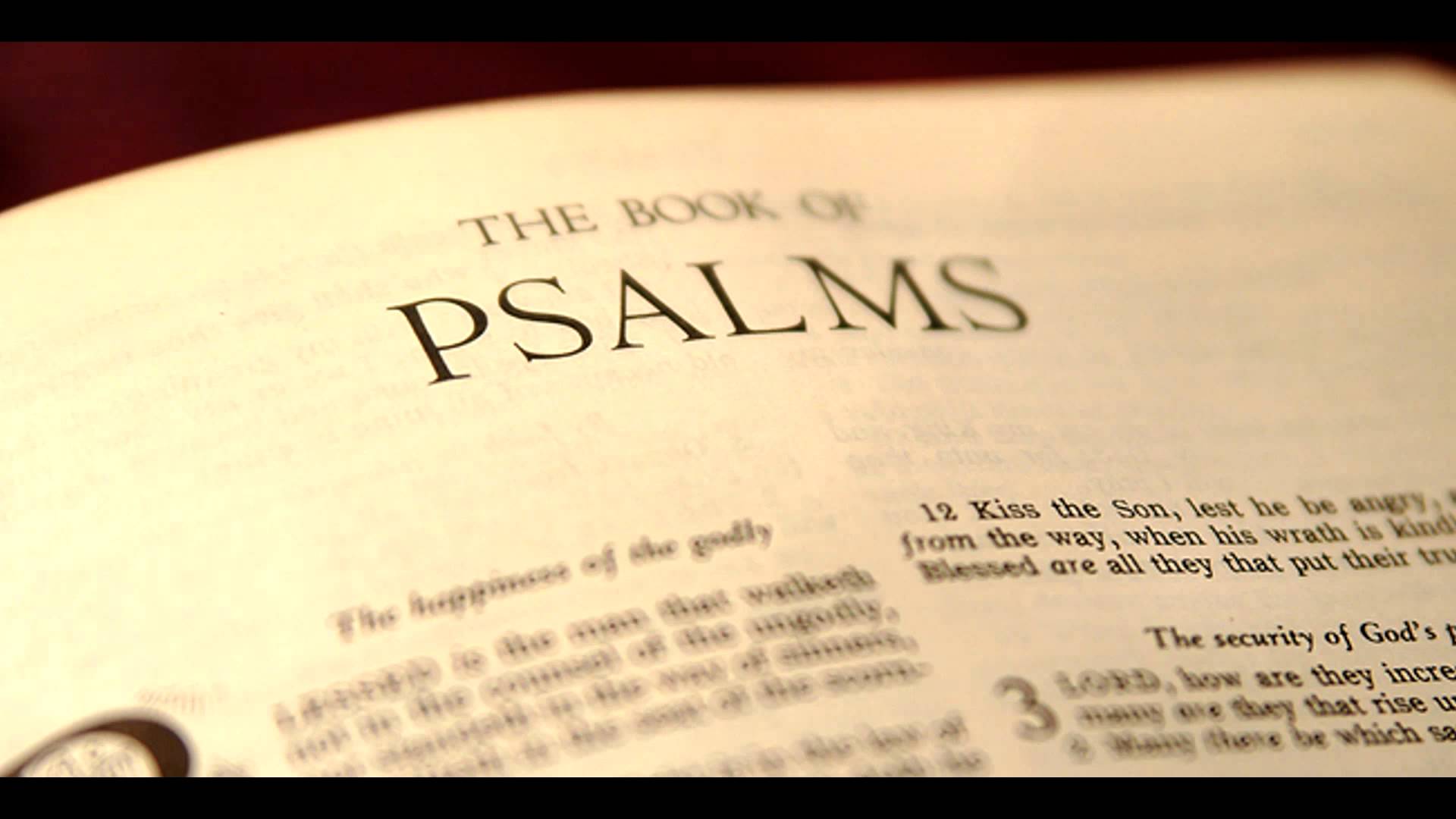 Logos Bible Software's new Reformed "base packages" library is certainly worthy of a brief review (Reformed Library Base Packages).
Logos Bible Software's new Reformed "base packages" library is certainly worthy of a brief review (Reformed Library Base Packages).
First, Full Disclosure:
I was given a free review copy of the Platinum Reformed base package. I was asked to evaluate the package before offering any sort of promotional comments--which I did. I was also asked to write a review of the product with no strings attached. In other words, I was never pressured to write a positive review, nor to say anything favorable about the software, if I didn't like it. I was encouraged to speak my mind, and so I will.
About Logos 5.0:
The basic program is mind-blowing. I first purchased Logos 3.0 years ago when it was first released, and used it occasionally. But I'm a book guy at heart, so I would rather look at a book than my computer screen, despite the speed and search features Logos offered. But that was back in the days before the advent of cheap 20 inch plus computer monitors, or the existence of iPads and android tablets. A larger monitor makes Logos much easier to read and utilize--almost as good as a real book. Almost. And the constant electronic companion changes the game completely. You buy a base package, and all of your resources are also available across your portable electronic devices.
I've used version 5.0 with the Platinum base package for a few months now, and I am beginning to get familiar with it. Logos has a number of helpful tutorials and great support (https://www.logos.com/videos); (https://www.logos.com/advanced-training). No complaints here.
I've used Excel just enough through the years to know that it can do a whole bunch more than I'll ever ask it to do. The same holds true for Logos 5.0. I simply don't have the time to completely master it (the learning curve is steep although the system is very intuitive). However, the features in 5.0 make the time I have spent learning it well worthwhile, even though I've probably maxed out with what I will be able to do with it. No complaints here either.
What You Get:
At the Platinum level the Reformed Library base package is absolutely loaded with great resources--what you would expect from a "deluxe" software package. You get the Logos 5.0 software, and a host of resources (of which I'll list but a few--the link above will allow you to see all that is available with the various packages and what is included in them).
- The writings of the Church Fathers--all 37 volumes
- The works of John Calvin (including his commentaries, tracts, and letters, as well as multiple editions of the Institutes)
- Richard Muller's Post-Reformation Reformed Dogmatics (all four volumes)
- Herman Bavinck's Four Volume Systematic Theology
- The complete works of John Owen, Jonathan Edwards, B. B. Warfield, Charles Hodge, Louis Berkhof, and Geerhardus Vos--all in one place, all searchable, and all accessible on any number of portable devices.
I've since purchased Michael Horton's The Christian Faith and Turretin's Institutes of Elenctic Theology (which is soon to be released), and they are fully searchable as well.
Searching through all these resources instantaneously for how a particular biblical text is handled, or to look-up how a particular doctrine is addressed/defined, etc., in any and all of these works is simply invaluable.
The Starter and Bronze Packages obviously have fewer resources than the more expensive packages; Silver, Gold, Platinum, and Diamond.
But Is There Too Much Included?
If you have cable TV and the four hundred channels which come with basic cable--three quarters of which you'll never watch--then you'll understand my minor complaint. This is how the Logos Reformed base package strikes me. In addition to the really useful stuff described above, there is a whole bunch of stuff I'll never use.
Frankly, there are a number of "resources" included in the package which make no sense. I seriously doubt that I'll ever have the occasion to search or utilize Rousas J. Rushdoony's Systematic Theology. There are far too many biblical language and background helps, Bible versions (English and original languages) included which I will never use. I know that someone must be looking at all those Greek manuscript fragments, but it isn't me.
The reality is you are paying for resources which are not useful, and which seem only to serve the purpose of padding the number of advertised titles available. Granted, many of these likely do not add much, if anything to the base package price, but they do "gum-up" the works a fair bit.
I would love to see a slimmed down version of the Logos 5 Software with a true cafeteria plan. You pay a reasonable price for the program and a few essentials (like Calvin's works, Hodge's commentaries and Systematic Theology--standard fare kinds of things). Then you can purchase separately each of the additional resources you truly want and will actually use--at a good discount once you purchase the base system. While this approach makes perfect sense to me, I'm sure the Logos sales people can argue why the graduated base packages make more marketing sense, or give you more bang for the buck.
But just as I don't wish to pay for Spanish language TV channels on my cable system, I don't want to get stuck with Rushdoony's Systematic Theology, only because I want some other Reformed writer/work whose works just happen to be included in the same package with Rushdoony's.
Are the Logos Reformed Base Libraries Worth the Price?
Yes, and no. Like anything else, some will buy the appropriate base package, and soon find it absolutely indispensable, and will use it constantly.
Sadly, others will max out their credit card simply to buy the newest goodies (there is a book lust factor here, no doubt) and not really know what they have, or how to fully utilize it. Such a person reasons, "it is new and I must have it." Others will buy it and never use it, because they soon realize that they like real books better than images of real books on their computer screens.
There is no question that the software, the base packages, the ease of usage (especially for searching, etc.) are first rate--this is a high quality product. In the case of the Logos 5.0 software and Reformed base packages, you will truly get what you pay for. Logos is expensive because the product is very good.
Personal factors will determine the final decision whether or not to spend the money. One factor for for me in this favorable review is that I cannot tell you how nice it is to carry an entire library of Reformed theology with me everywhere I go. At church, or Bible study, the Academy, taping the White Horse Inn (or whatever it may be), the value of having access to a massive library at all times is huge.
The other is the quality of the software--the searches across a range of sources, hyper-links to Bible verses, footnotes, etc., immediate access to resources of all kinds while preparing sermons or writing essays--make this product well-worth the price, for someone like me. I will use it many hours every week.
That said, the Logos Reformed base packages are not for everyone. There is no doubt this is a quality product. But it is rather expensive, and if you do not have need of such a powerful program for use on a regular basis, then stick with kindle, or google books. These can serve you well for much less.
Worth it? Absolutely, if you have the means, and if you will use it for reasons such as those I've mentioned above.
Thanks to the folks at Logos for a great product!
 Thursday, May 22, 2014 at 02:28PM
Thursday, May 22, 2014 at 02:28PM  It is easy to think of pagan rituals as something tied to the ancient past. This photo essay of contemporary images of European paganism is not only creepy, but a reminder of how prone the human heart is to worship the earth and its creatures. Seems like Paul knew what he was talking about in Romans 1. Pagan Rituals
It is easy to think of pagan rituals as something tied to the ancient past. This photo essay of contemporary images of European paganism is not only creepy, but a reminder of how prone the human heart is to worship the earth and its creatures. Seems like Paul knew what he was talking about in Romans 1. Pagan Rituals







